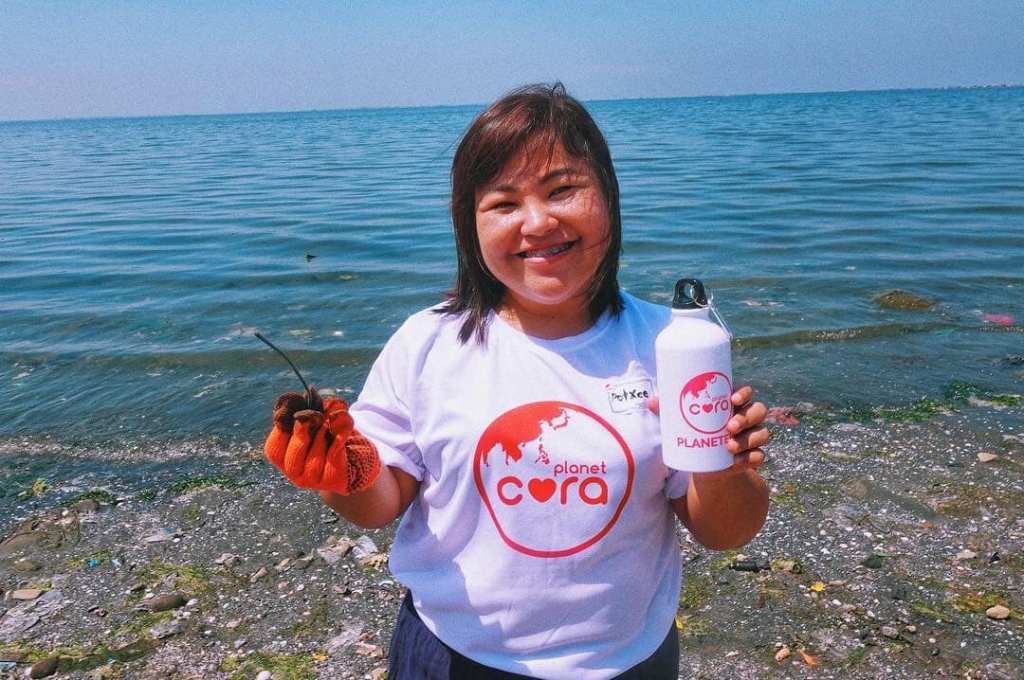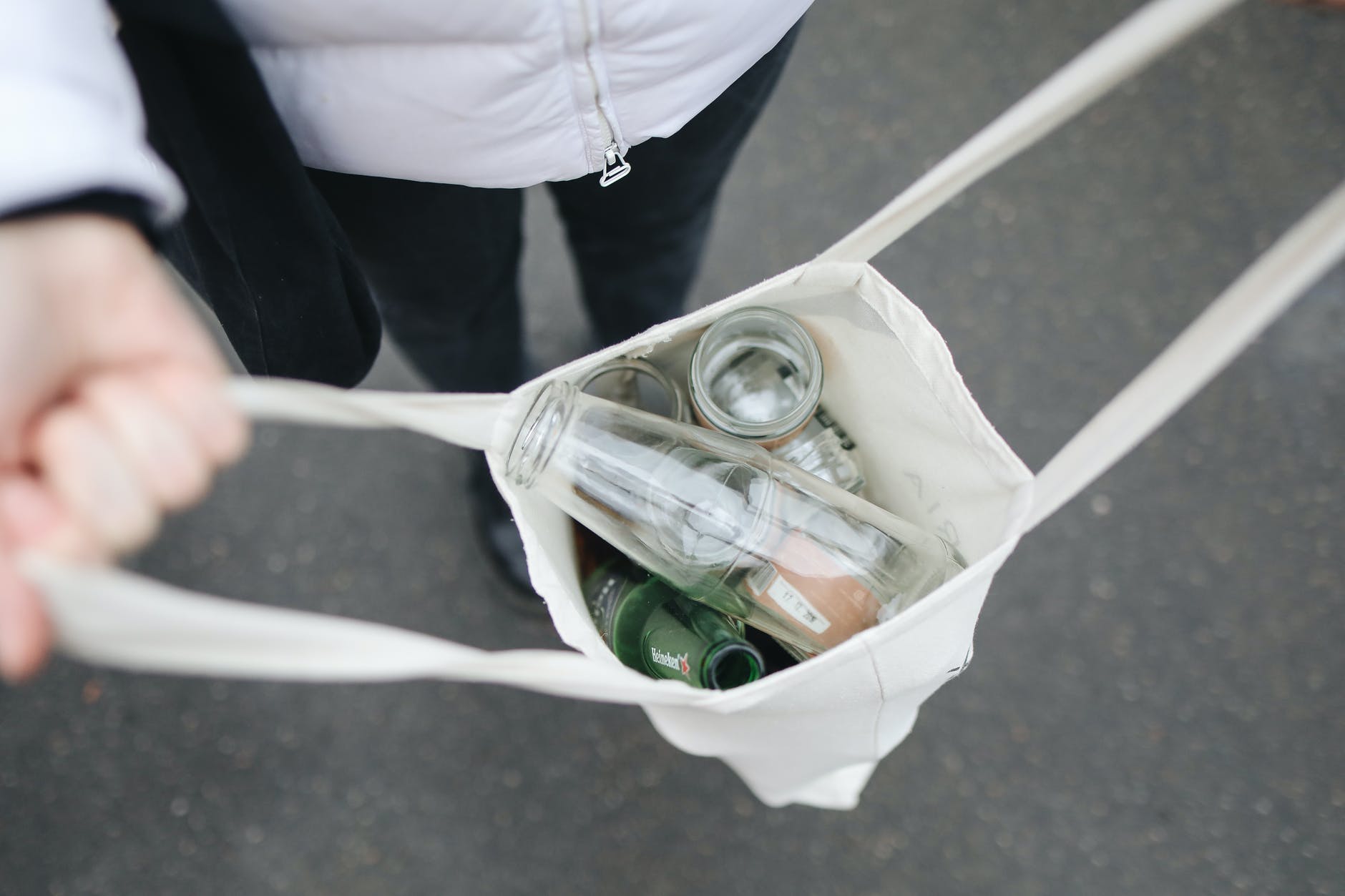While arguments and disagreements between family members are normal, it’s important to distinguish between normal fights and toxic behavior.
“A relationship is toxic when it is not harmonious, when negative moments outweigh the positive ones,” explains Aiza Tabayoyong, a family and relationship expert from the Love Institute, a pioneering company equipping couples, parents, and individuals with skills on how to have fulfilling relationships with those dearest to them.
The fights do not even have to be direct or explosive confrontations to be considered toxic. “The hurting can come in many forms,” points out Aiza. “It can be verbal abuse in the form of sarcasm, some subtle teasing, or giving the other person the silent treatment.
It can even be passive-aggressive behaviors — like leaving the soap dish full of water knowing you’re the next one to use the soap, or finishing up all the food when they know it’s your favorite. At first glance, these behaviors are simply annoying. But if they occur constantly and the person does not change their ways even if you ask them to, they become hurtful and disrespectful, which leads to repressed anger, and becoming toxic.”
Toxic relationships are bad not only for the relationship but also for the mental, emotional, and physical health of the people involved. “In a toxic relationship, your body and brain are constantly in a fight or flight mode because of so much stress,” explains Aiza.
“In the long-term, this negative energy will literally become toxic in your system, and can also lead to different mental health challenges like depression or anger management issues,” she adds.
“The fights do not even have to be direct or explosive confrontations to be considered toxic. The hurting can come in many forms. It can be verbal abuse in the form of sarcasm, some subtle teasing, or giving the other person the silent treatment.”
Aiza Tabayoyong, family and relationship expert from the Love Institute
How to move forward
Repairing a toxic relationship takes time, patience, and diligence. This is because most toxic relationships often occur as a result of longstanding and unresolved issues in the current relationship, or as a result of unaddressed issues from prior relationships.
If you truly want the situation with your family member to change for the better, there are some things you can do to turn things around:
- Stay away from the source of the toxicity as much as you can. This can be hard to do these days when you are isolated at home with the other person and cannot literally go away, so it would help if you have a room of your own where you can take a breath. If not, Aiza recommends putting up some form of psycho-emotional shield, such as meditating, listening to music, praying, and also reminding yourself that you are distinct and different from the other person.
“It’s important to cut the emotional connections especially if the other person knows your buttons,” she advises. “Instead of thinking ‘ There’s something going on with my loved one and it’s affecting me,’ shift the mindset to ‘There’s something going on with my loved one, I need to move away from striking distance so I will not be affected.’”
- Regroup and recollect. Once you’ve had your space and are in a better place, know your options. According to Aiza, there are three:
Option A: Are you going to accept the person’s behavior and just choose to live with it? The downside is you will need to set very firm boundaries to cope with the toxic behaviors, and the boundaries may become so rigid that you will be permanently disconnected from the other person.
Option B: Will you give hints and hope that the other person will get that you are affected by his or her particular behavior? In this case, be prepared for the possibility that they will never get it.
Option C: Ask for a dialogue with the other person. “Approach the other person with a sense of compassion, because he or she might be going through something that you are not aware of,” instructs Aiza. “Then use ‘I’ statements to convey how you feel, such as ‘I feel __ when you do __.’ This way, you are letting them know the effect of their behavior — not their personality or their character — on you. They won’t feel attacked, and the chances of them being defensive or angry will be minimized.”
On the other hand, lashing out with “You’re so inconsiderate!” or “You always/never think of others,” is exhibiting judgement and will make the other person want to prove you wrong. He or she will lash back with, “That’s not true, I am very considerate, do you know how much I do for this family, etc. etc.”
- Talk to a professional. “Talking to a psychologist can provide you with a sounding board to process your feelings or help you view things from another perspective,” says Aiza.

Dealing with toxic family members who are older than you
It’s easier to have difficult conversations with peers — like siblings or your partner — than with older members of the family like parents or the parents in-law. What should be done if they are the ones exhibiting toxic behavior?
- At the very least, try to make the relationship civil. If the relationship has been sour for so long already, you cannot expect the other person to be as empathetic or compassionate to your pleas. “Bring the relationship first to neutral ground by knowing the other person’s love language, something that will build favor and allow you to reconnect,” shares Aiza.
- Present your case in a way that it’s beneficial for both parties. “Start by saying ‘I know it has been difficult for both of us; I’m sorry if I knowingly or unknowingly offended you or hurt you. I want to improve things around the house or our relationship, may I talk about it when you are available?’” suggests Aiza. “If they are ready, they will say yes. If they are not ready and say no, at least you tried.”
- In the case of in-laws, ask for help from your partner/their child. “Ask your partner to mediate and make things better, or bring you up in a better light,” she says.
How to reduce being toxic towards others
Because we are human, it’s highly possible that we are treating family members unpleasantly without even realizing it. How can we become less toxic people ourselves?

- Get feedback. “Ask trusted people whom you know will not hurt you for feedback. For parents, if you have a good enough sense of your self-worth, ask your kids ‘How is mommy doing? Is there anything you would like me to do so I can be a better mom?’” suggests Aiza.
- If there is no one to ask, just be observant of yourself. “What is your own level of stress that you may be bringing into your relationships. How happy are you with your life? How contented are you?” Aiza asks.
If you prefer a scientific approach, MindNation has an online WellBeing Quiz that you can take for free to check on your mental status and happiness level. If you score Healthy or Thriving, then you are in good shape and no one is affected by you; but if you are Fading or Burned Out and you realize that there are people you rub the wrong way or people who trigger you, you might want to step back and see where that’s coming from.
“Is it because you’re tired? Or maybe you have some unresolved issues that need to be resolved?” asks Aiza. “Whatever it is, you might want to work on those now, because a lot of our past issues manifest either in relationships or at work.”
- Make time for self-care. “This is very, very important, especially if there are other people counting on you,” Aiza stresses. “Self-care is whatever it looks like for you, whether it’s doing breathwork, meditating, walking under the sun (just make sure to stay safe), bingeing a little bit of tv, or talking to your friends and finding a reason to really belly laugh.”
For Aiza, the COVID-19 pandemic is a unique opportunity for the family to work on their issues and become stronger. “Think of it as a forced team building exercise,” Aiza says. “Now is the perfect time to look at any problems that you may have, take a pause, and deliberately work on them.”
MindNation psychologists and WellBeing Coaches are available 24/7 for teletherapy sessions if you need help addressing relationship issues, past traumas, or to work on yourself. Book a slot now through FB Messenger or email [email protected].







